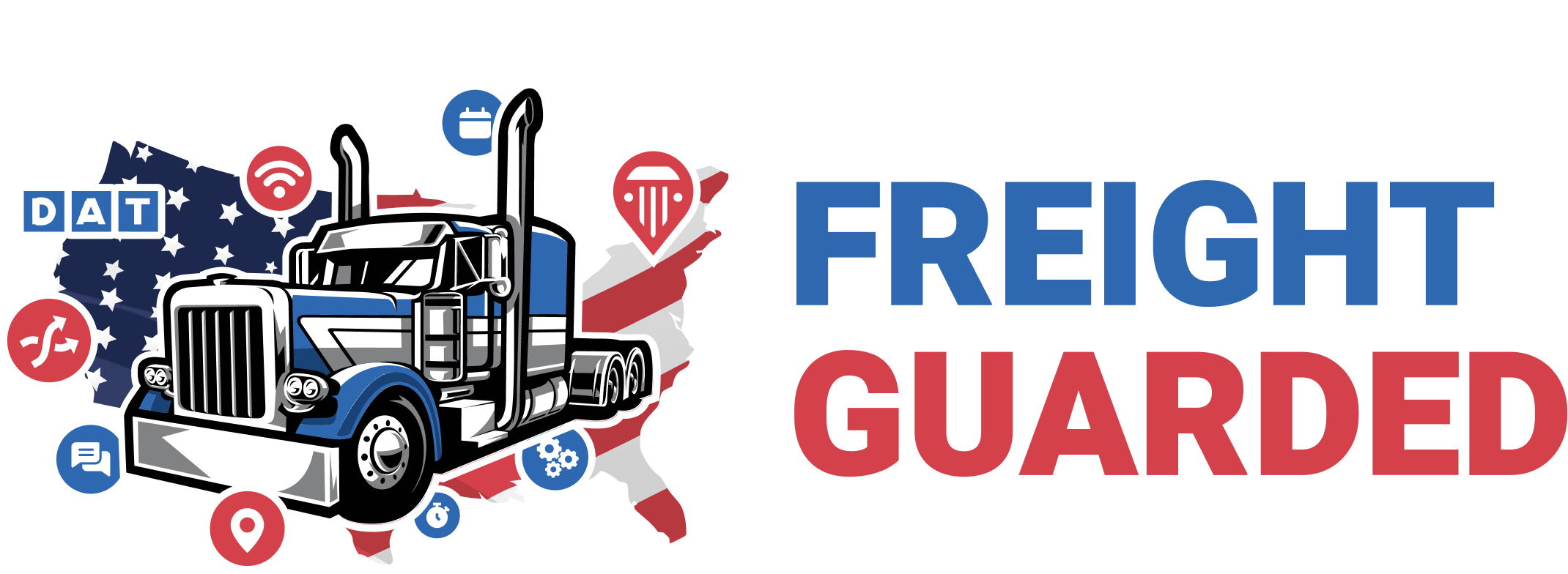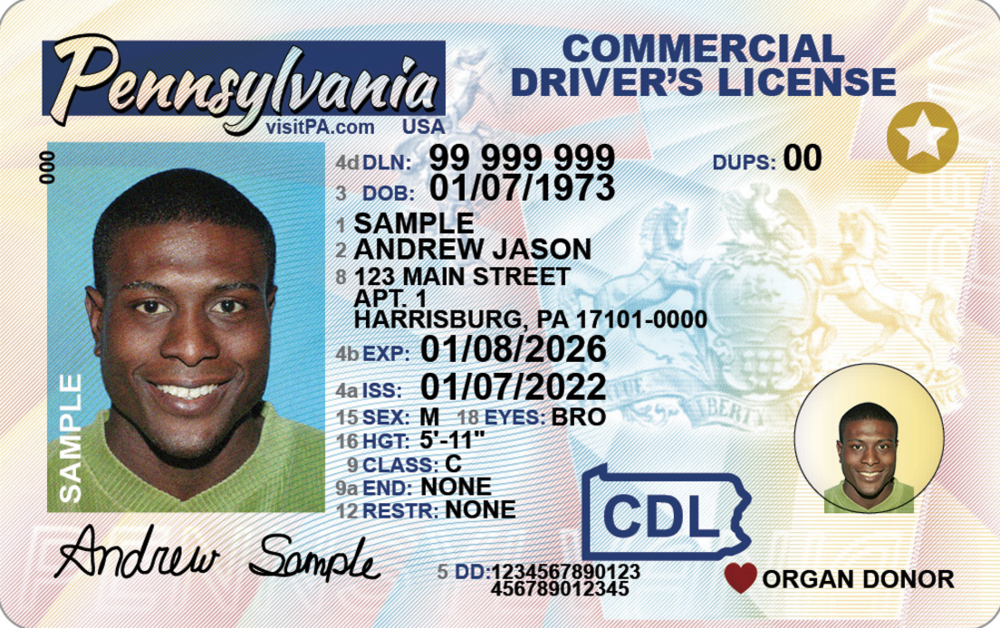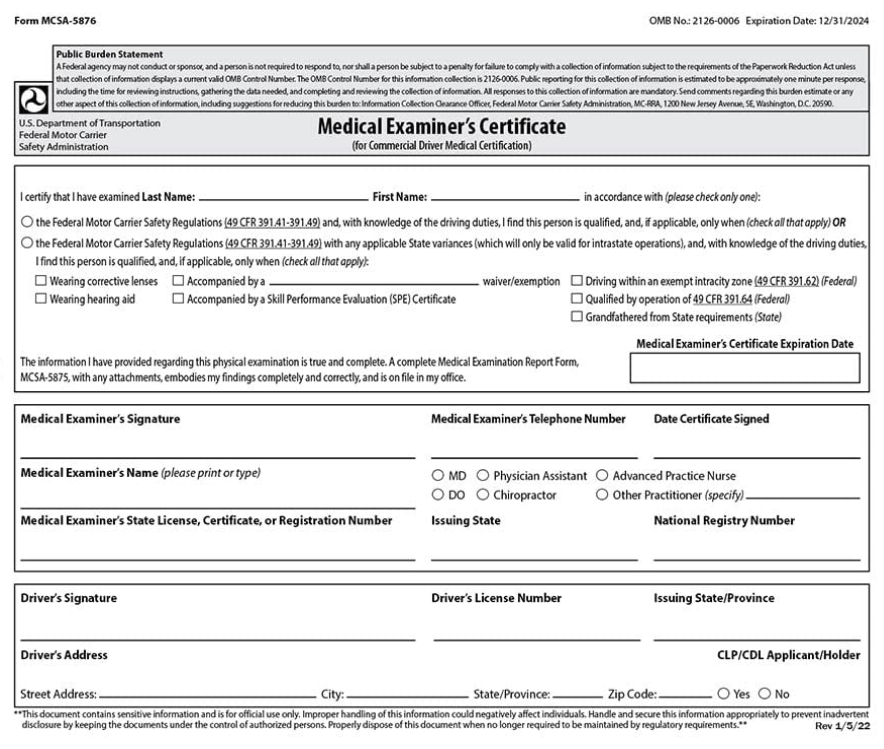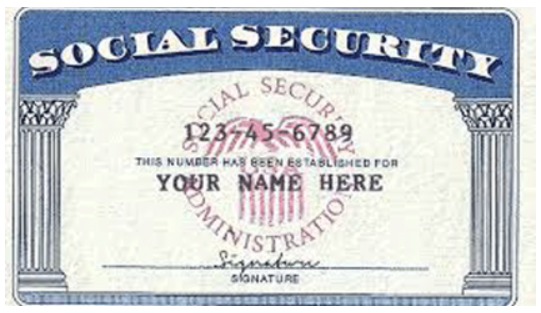When a Commercial Driver's License (CDL) driver is being considered for employment, there are several key documents they must provide to the employer. These documents are crucial for verifying the driver’s qualifications, legal compliance, and fitness for the job. Here's a list of common documents a CDL driver should be prepared to provide:
- Commercial Driver's License (CDL): The driver must present their valid CDL, which should be appropriate for the class of vehicle they will be operating. This includes any necessary endorsements for specific types of cargo, such as hazardous materials.
- Medical Examiner's Certificate: CDL drivers must undergo a physical examination by a certified medical examiner and provide a copy of their medical certificate, proving they are physically qualified to operate a commercial vehicle.
- Social Security Card or Number Verification: For payroll and tax purposes, employers will need to verify the driver’s Social Security number.
- Motor Vehicle Record (MVR): The driver may need to provide a recent MVR, or the employer will obtain one. The MVR shows the driver’s driving history, including any traffic violations, suspensions, or accidents.
- Proof of Right to Work: In the United States, this could include documents such as a U.S. passport, a Permanent Resident Card (Green Card), or an Employment Authorization Document, among others, as part of the I-9 Employment Eligibility Verification process.
- Drug and Alcohol Testing Records: If the driver has previously been employed in a safety-sensitive position (such as another driving job subject to DOT regulations), the new employer must investigate the driver’s drug and alcohol testing history with past employers, as mandated by the FMCSA.
- FMCSA Clearinghouse Query Consent: Drivers must give consent for the employer to query the FMCSA Drug and Alcohol Clearinghouse, a database that contains information on violations of the drug and alcohol testing program for holders of CDLs.
- Previous Employment Verification: The driver should provide contact information for all DOT-regulated employers they have worked for in the past three years, to comply with FMCSA requirements for employment verification.
- Road Test Certificate or Equivalent: If not conducting a road test themselves, the employer may require a copy of a road test certificate from a previous employer, provided it meets DOT standards.
- Training Certificates: If applicable, any certificates from completed training programs relevant to the job, such as hazardous materials handling, defensive driving courses, or industry-specific safety training.
- Resume or Application Form: A detailed resume or a completed application form that outlines the driver's employment history, education, and qualifications.
- Background Check Consent: The driver will likely need to provide written consent for the employer to conduct background checks, which can include criminal history, previous employment verification, and other relevant background information.
These documents help the employer ensure that the driver meets all regulatory standards and is qualified for the position. Employers must maintain copies of these documents in the driver's personnel file as part of their compliance with Department of Transportation (DOT) regulations.

.thumb.jpg.79710ba0be5a9f3be83fb45bcaf36e79.jpg)


